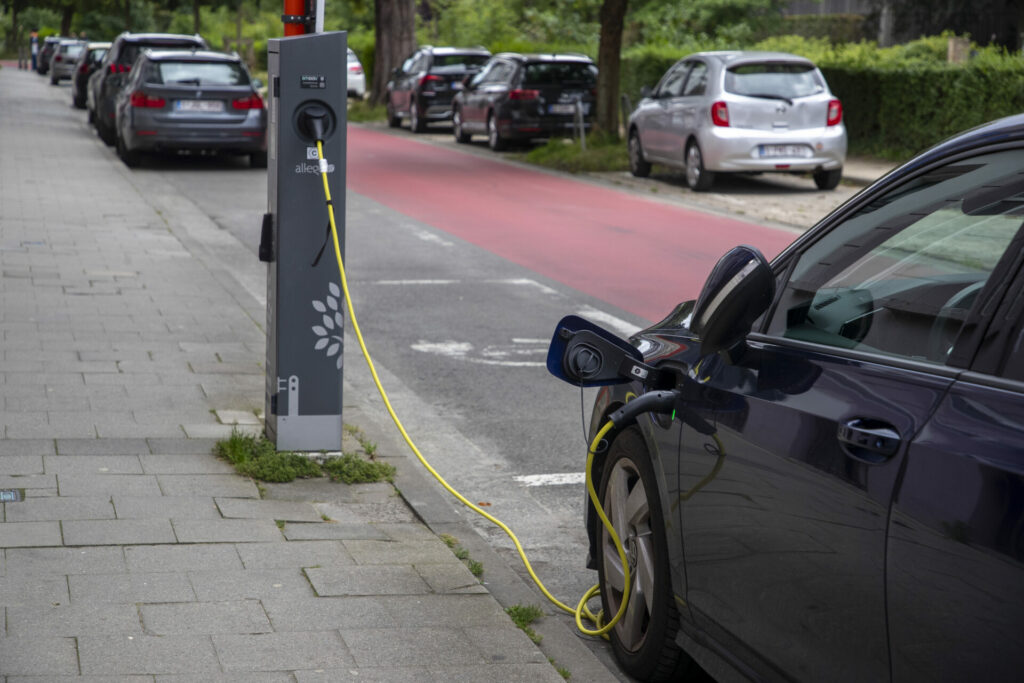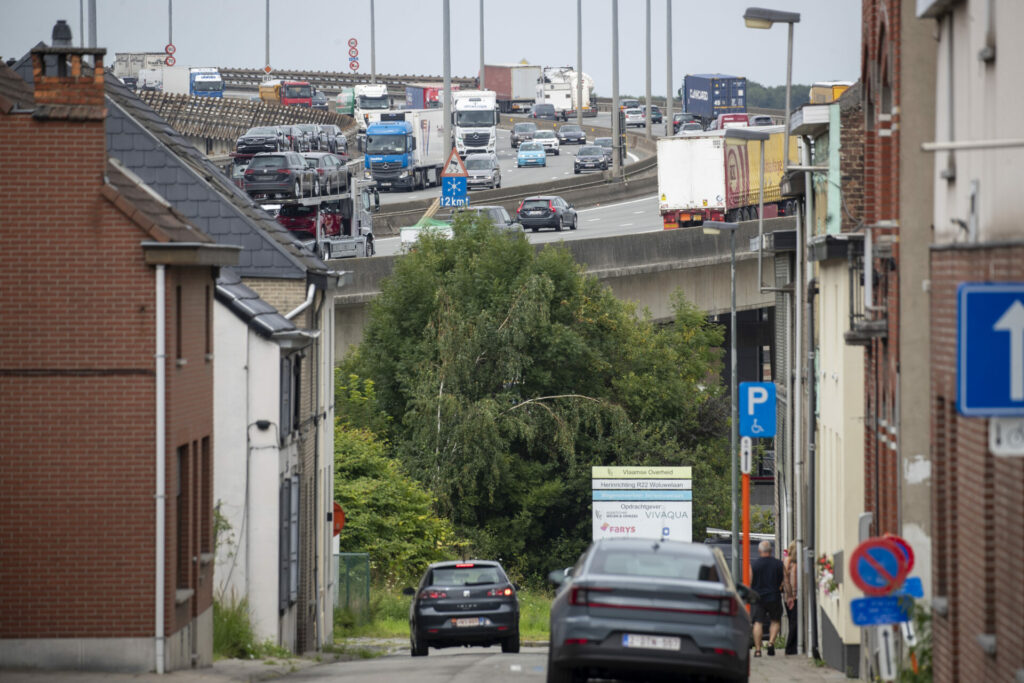Two Belgian researchers are calling on the Federal Government to scrap the tax benefits that people driving electric cars receive. They assert that in urban environments the climate advantages are outweighed by the local impact.
Whilst terminating the financial incentives for consumers to make the transition to electric vehicles might seem contrary to Belgium's aim to cut greenhouse gas emissions by 35% by 2030 (compared to 2005), transport economists Stef Proost (KU Leuven) and Bruno De Borger (University of Antwerp) argue that promoting electric cars in this way actually presents a greater social cost.
Although electric cars typically cost much more than their petrol or diesel competitors – especially for entry-level models – the price difference is reduced by the financial assistance on offer. In Belgium, fully electric vehicles are exempt from vehicle registration tax and road tax. In addition, the electric company cars are fully tax-deductible.
This is significant given the prevalence of company cars in Belgium, where almost a quarter of employees have a car provided by their employer – a proportion that is increasing nationwide (although has dipped recently in Brussels).
Moving in the wrong direction?
Proost and De Borger state that increasing the number of vehicles, even if they are electric, is a flawed policy that goes against efforts to reduce traffic in cities.
Brussels has taken major steps to liberate public space from vehicles circulating in the capital with its flagship Good Move policy, which directs traffic away from the centre and promotes alternative transport modes.
Alongside changes to traffic flows, Brussels has a Low Emissions Zone in place which prevents certain combustion engines from driving in the city. Electric vehicles are not affected by this since they don't pollute when in use.
But whilst electric cars don't pump toxic gas and particles into the immediate environment they share many downsides of conventional combustion vehicles, most notably in an urban context: congestion. Whilst cities such as Brussels are pushing to liberate public space from cars, it is counter-intuitive to encourage drivers by allowing them to circulate uninhibited in electric cars.

It's still a car. An electric vehicle connected to a charger in Ghent, August 2023. Credit: Belga / Nicolas Maeterlinck
The transport economists stress that Belgium's economy would benefit if fewer people took their cars – however it is powered – at busy times. To this end, they argue against measures that lower the threshold to driving an electric car when instead policies should be designed so that people opt to take other transport modes altogether.
As well as investing in public transport, the government could be far more targeted with taxes on cars. The national mobility association Touring points to Belgium's road traffic tax, which currently makes no distinction between someone who drives 1,000 km and 10,000 km. It argues that a progressive system would instead charge drivers according to the distance they travel.
Other more equitable and effective measures might involve making those who drive in densely populated areas pay more than those in uncongested rural areas.
Low-hanging tax
Not only are electric cars hindering efforts to improve urban environments, they also are costing the Belgian treasury in missed tax revenue.
A report by KU Leuven showed that the current tax breaks granted to electric vehicles are worth billions. Whilst this might have been justified some years ago but is today burning a hole in Belgium's budget as the share of electric vehicles rises towards 10%. The knowledge centre Transport & Mobility Leuven forecasts that by 2030 one in three cars will be electric.
At current rates, Belgium will be missing out on over €1.5 billion, both from uncollected tax on electric vehicles and reduced income from excise duties due to the reduction in fossil-fueled vehicles. They point to other countries, such as Norway, that have phased out initial schemes to help consumers switch from polluting combustion engines.
Championed for their "clean running", the considerable environmental cost of manufacturing electric vehicles is less frequently called into question. Nor is the way that the electricity to operate them is produced; in Germany some models estimate the net greenhouse gas emissions of driving an electric vehicle to be the same or greater than a combustion vehicle, because the electricity is often produced with coal power.

